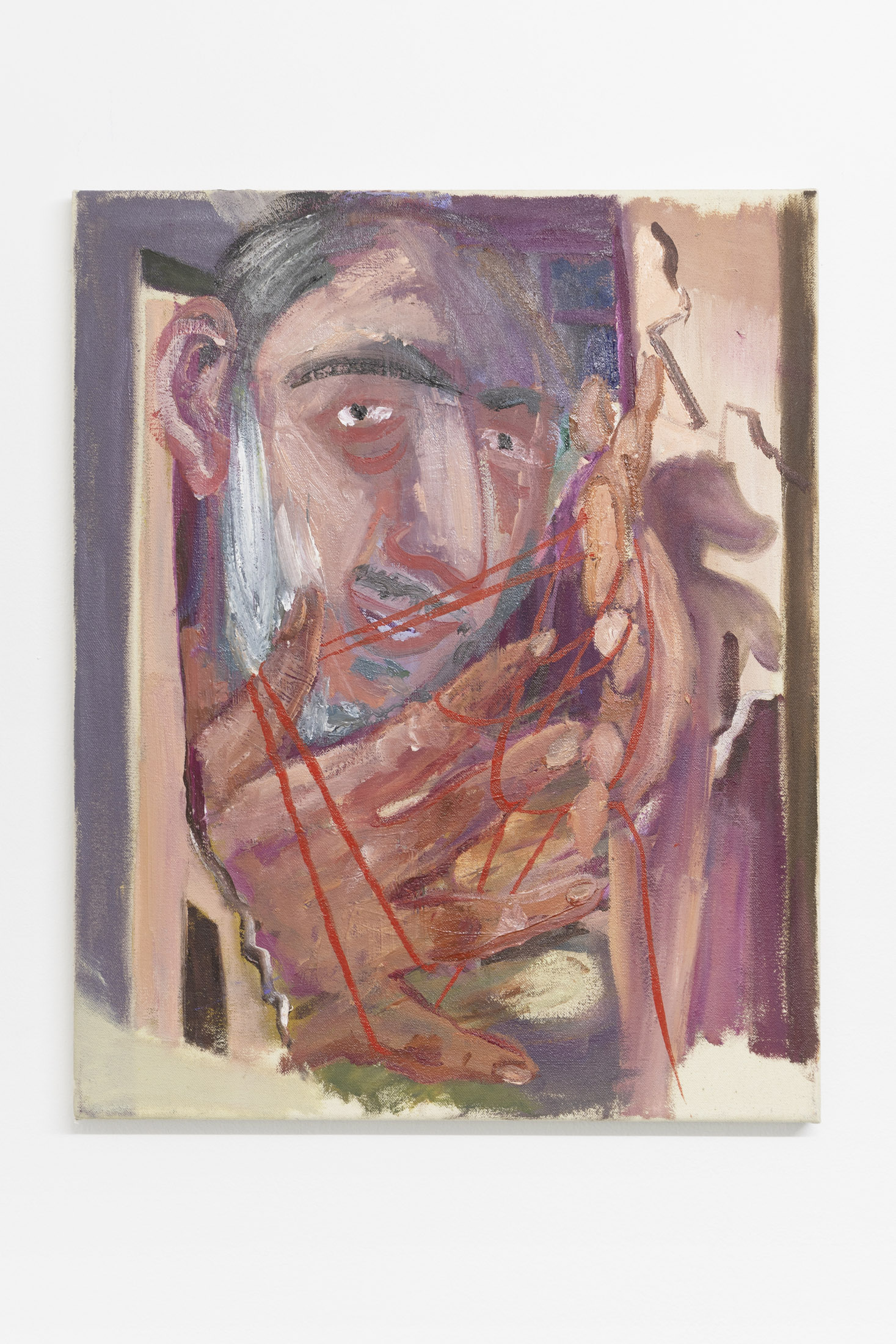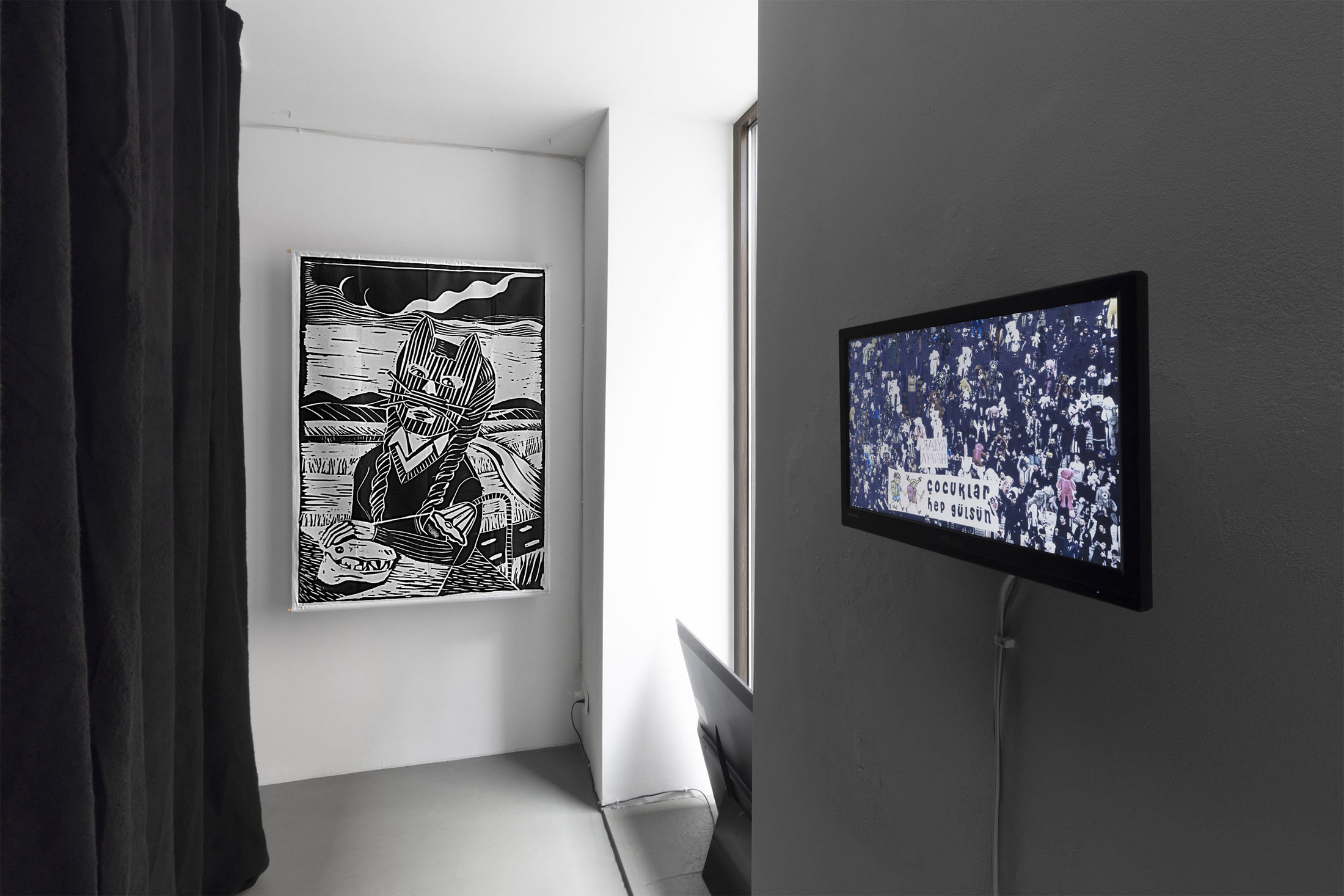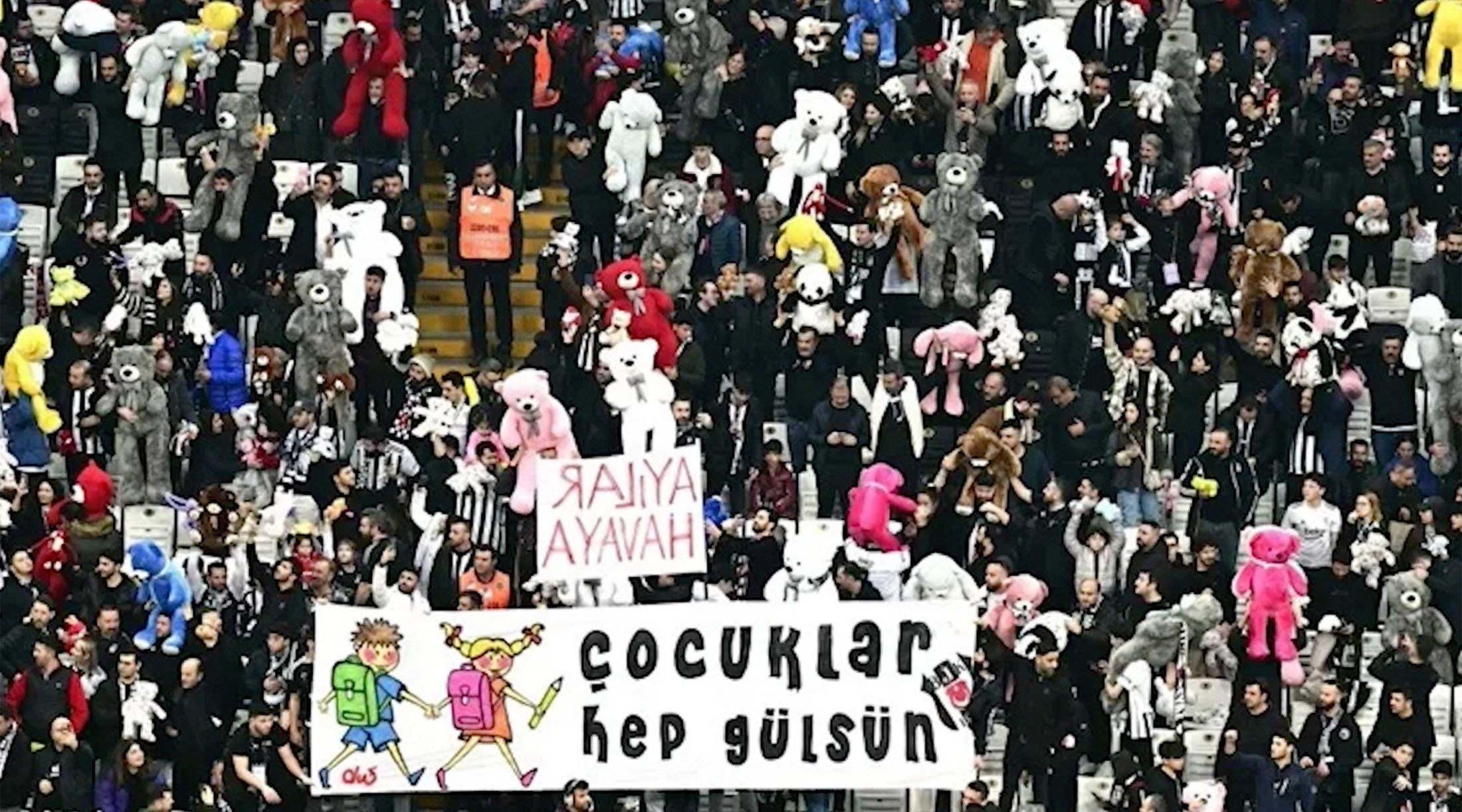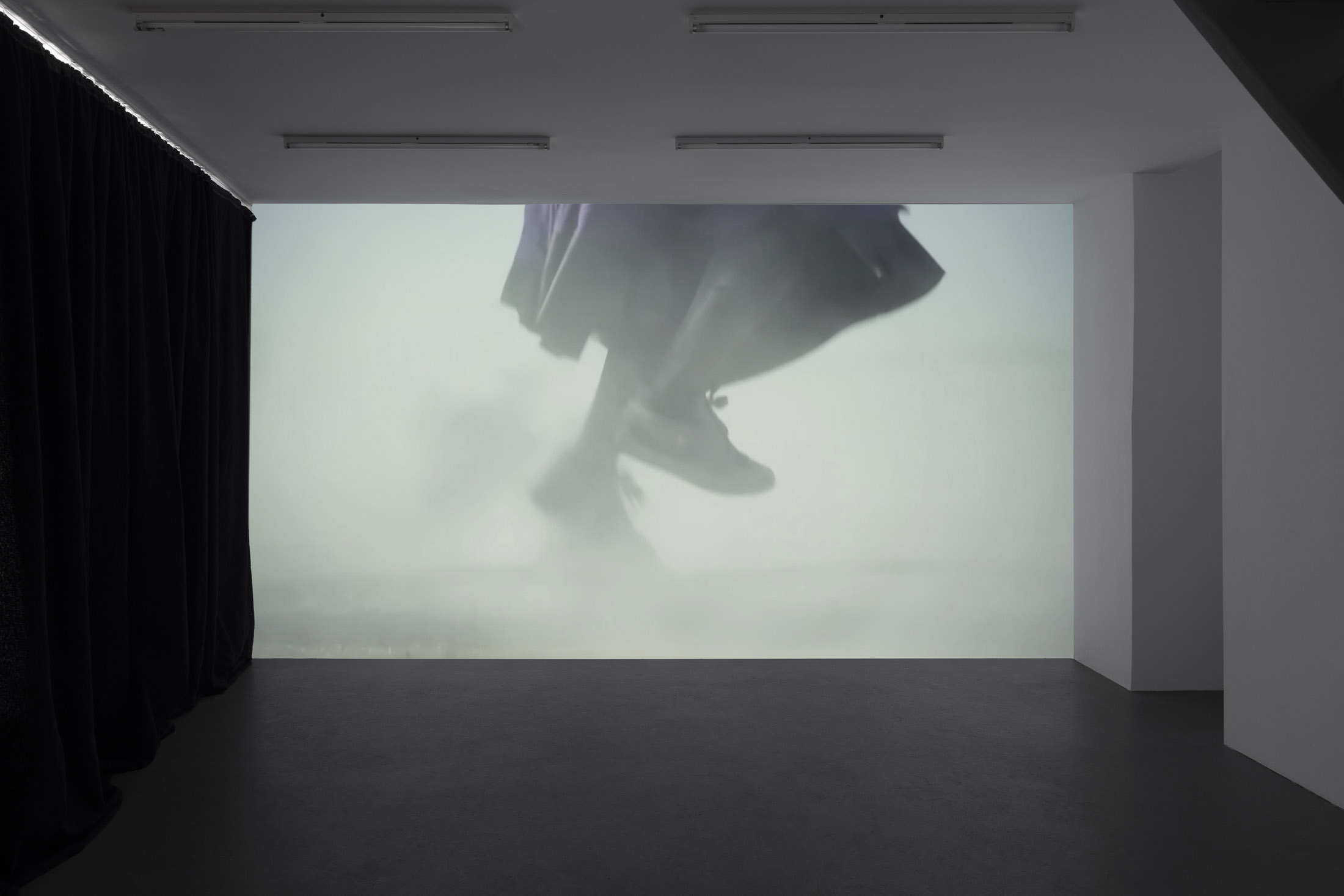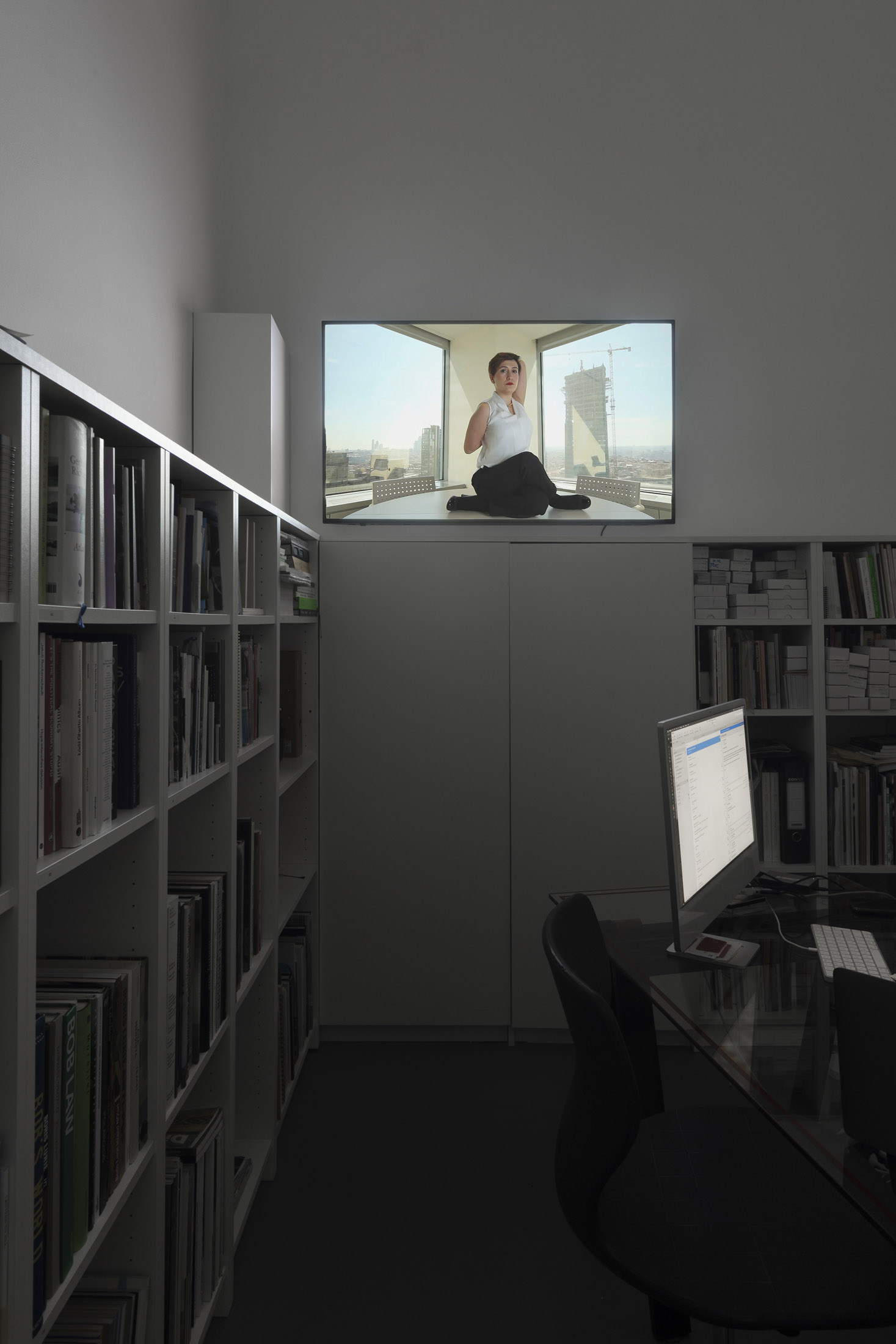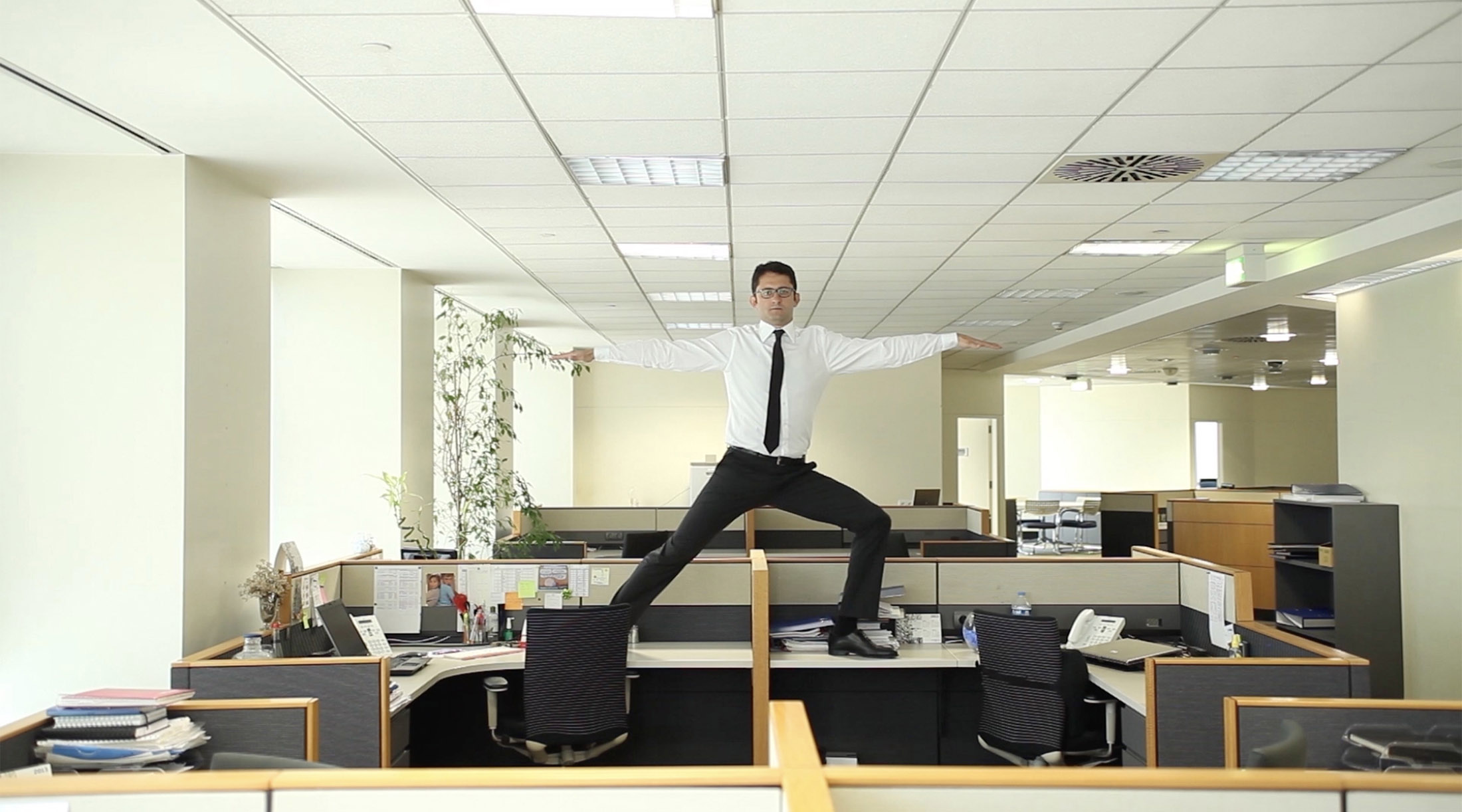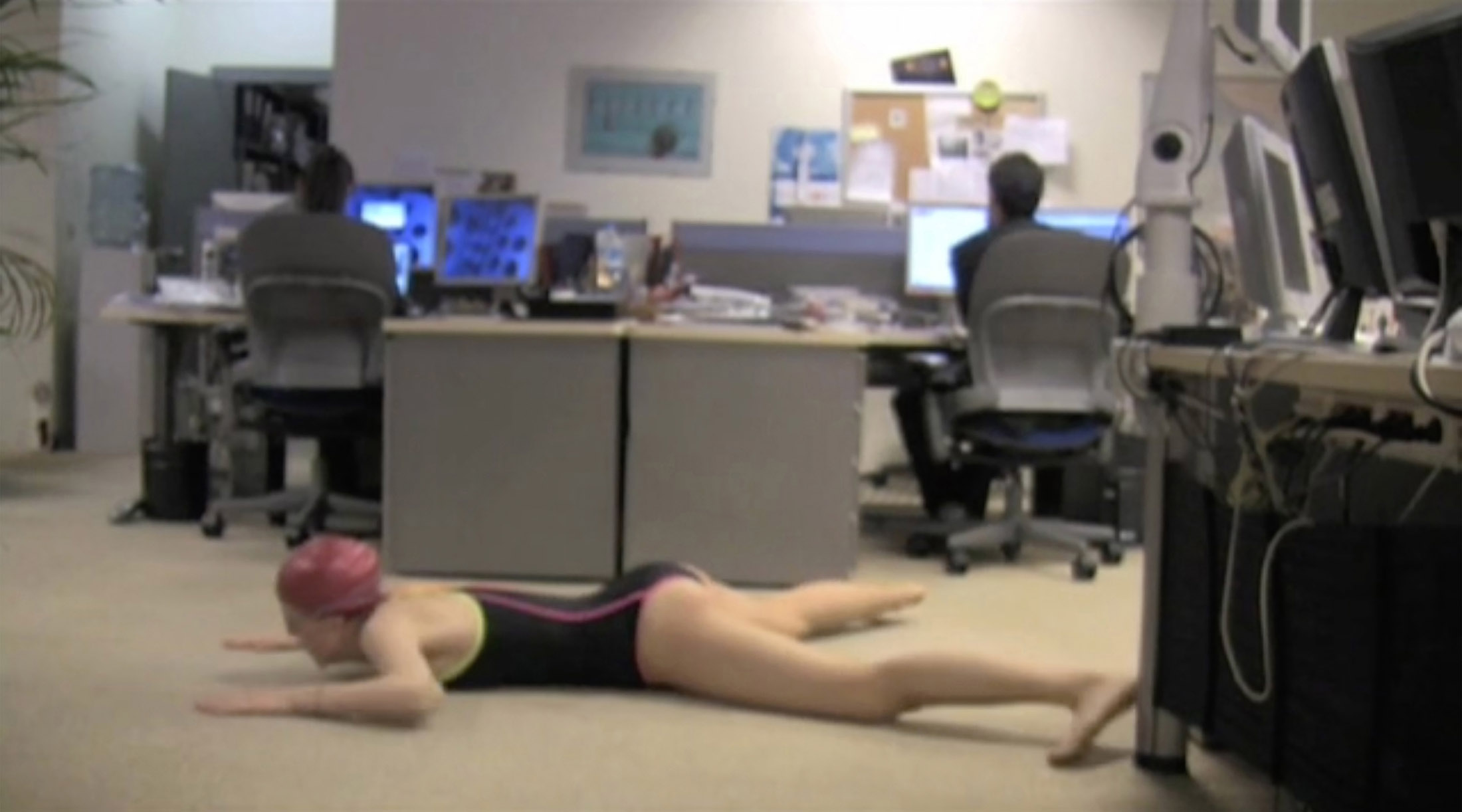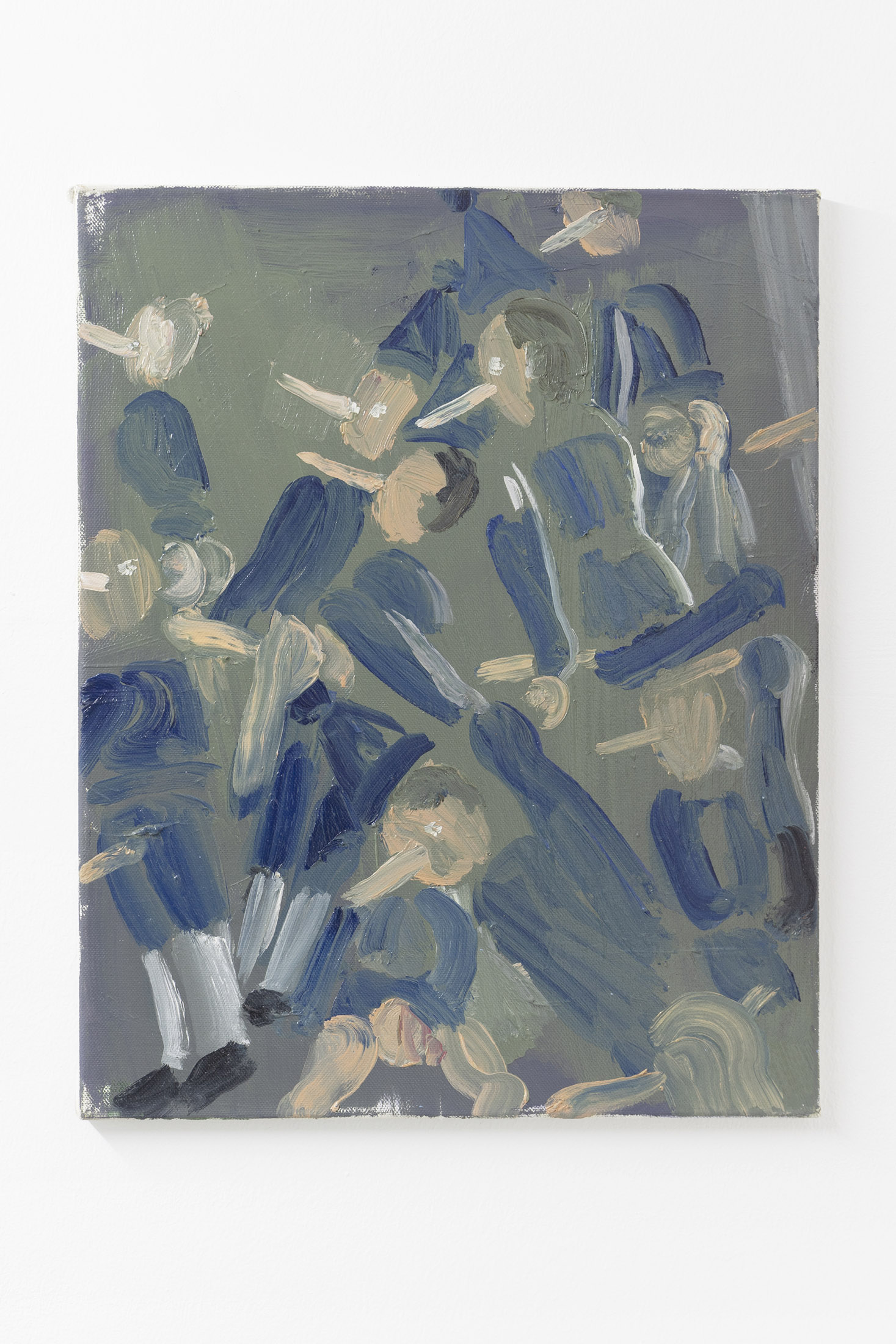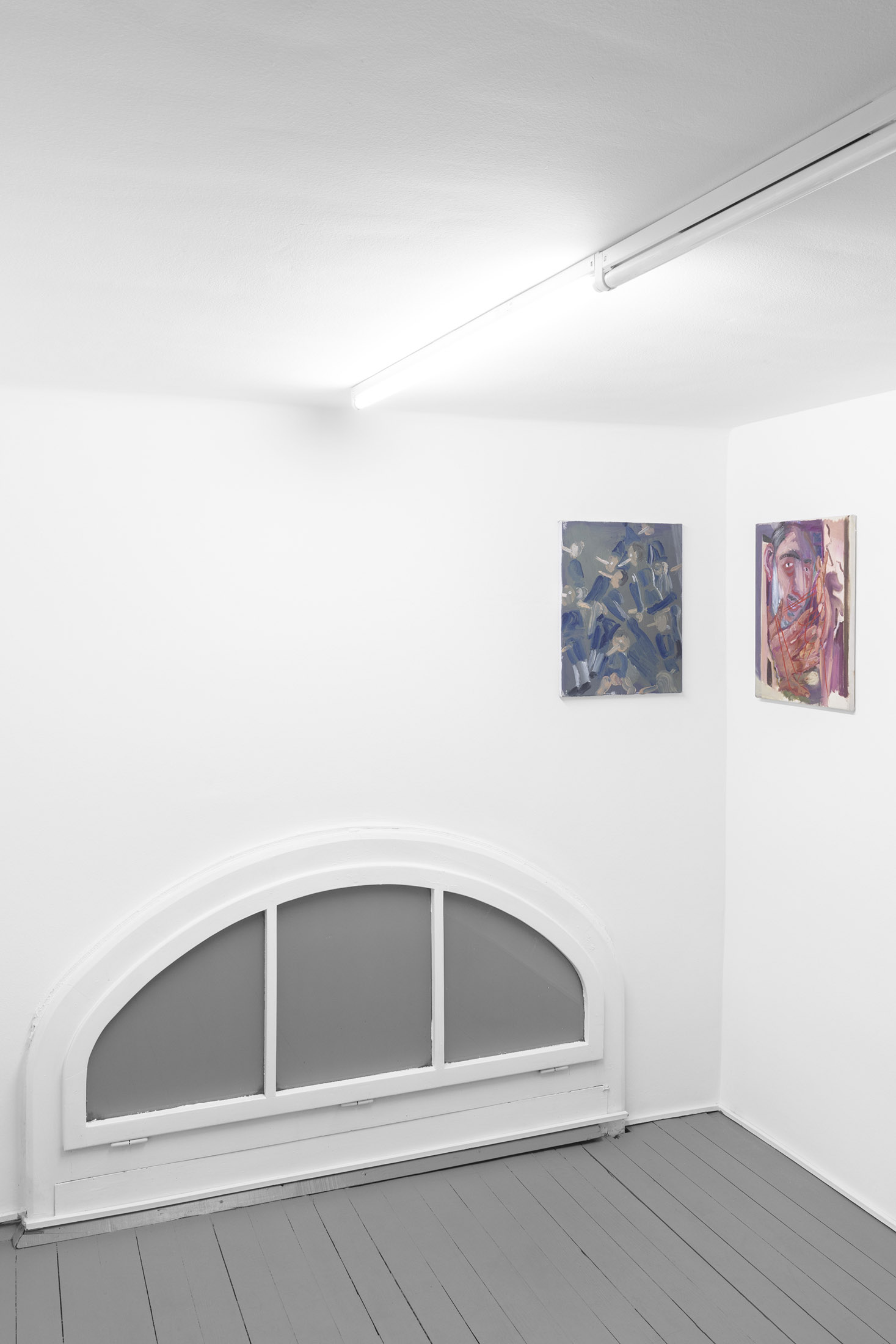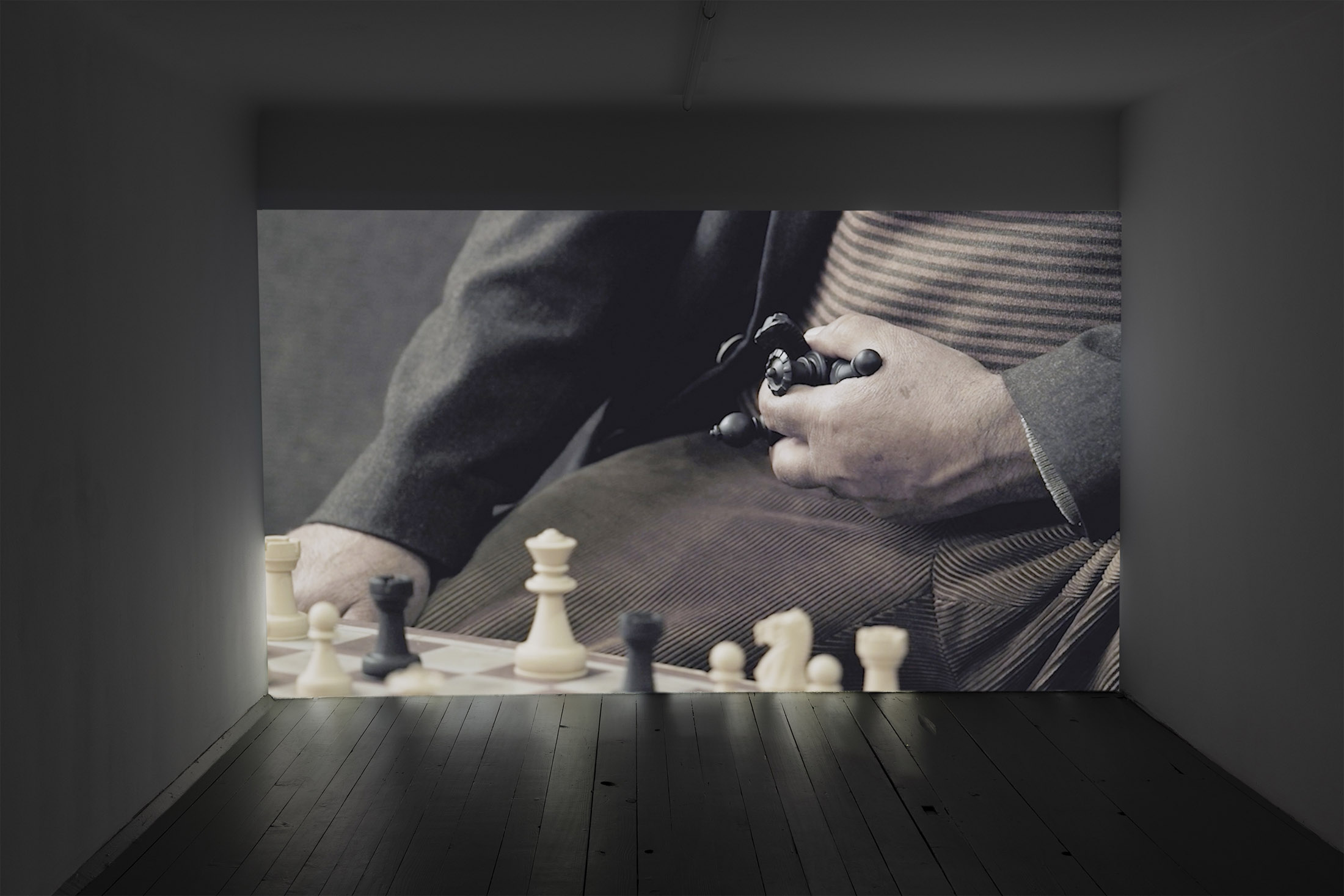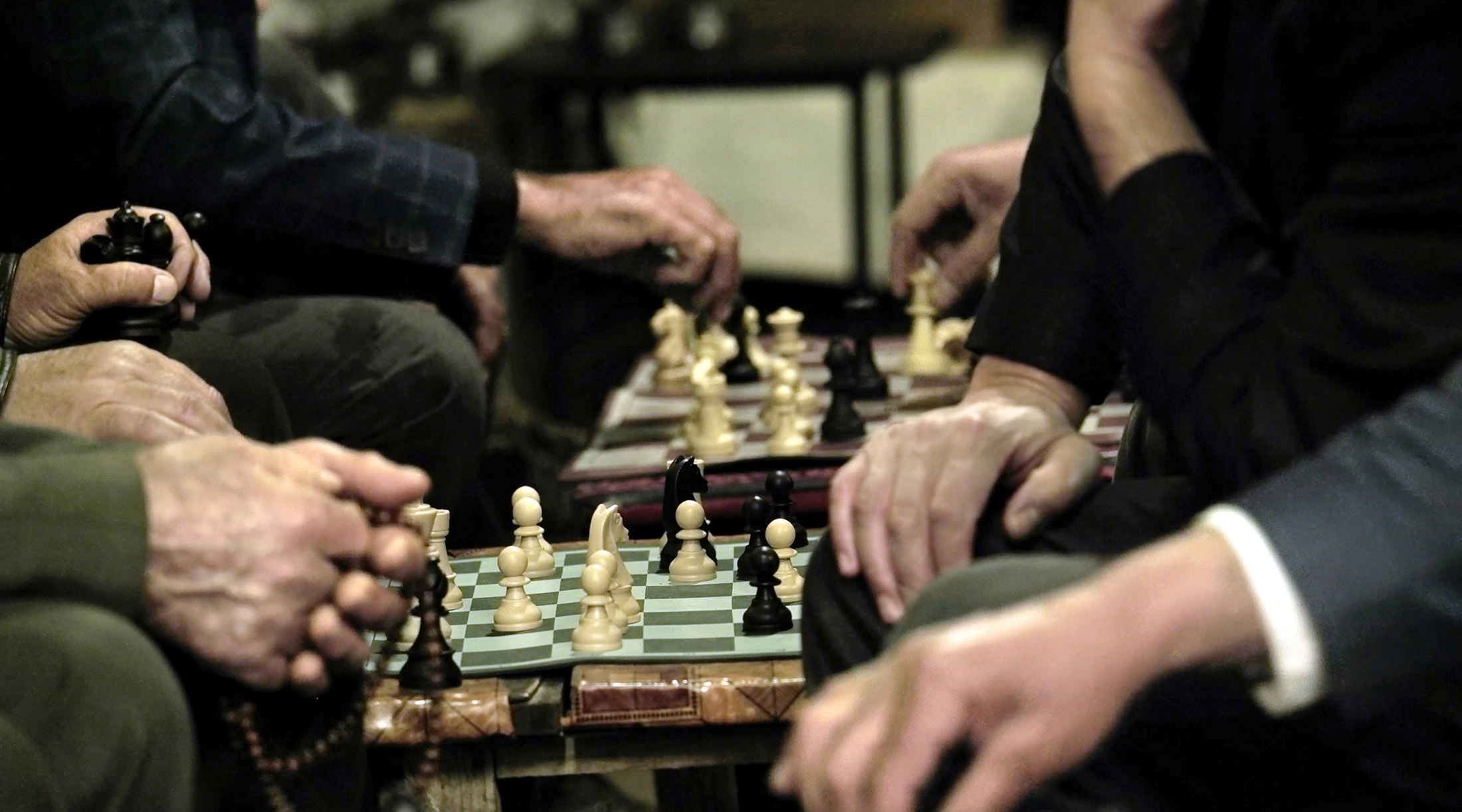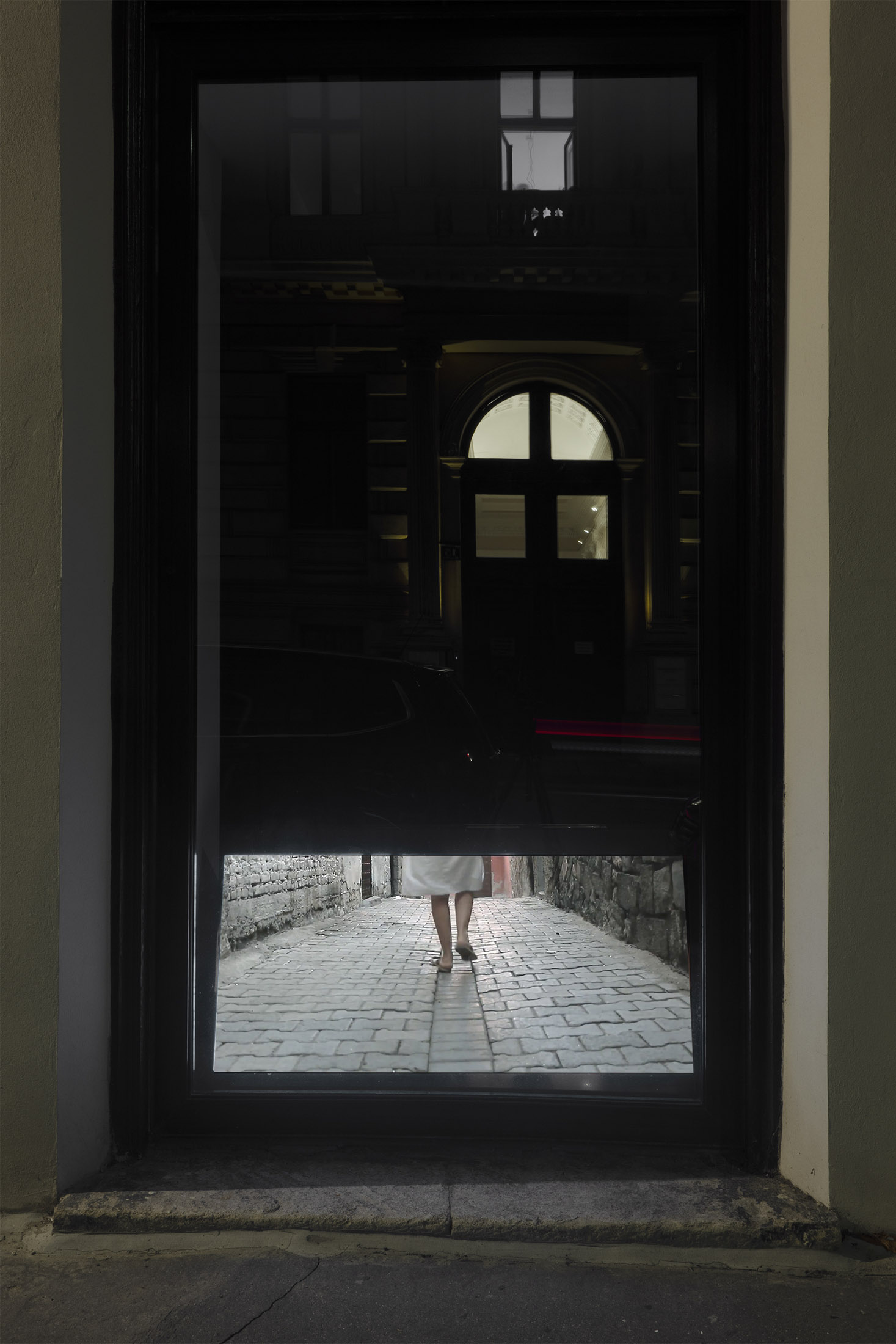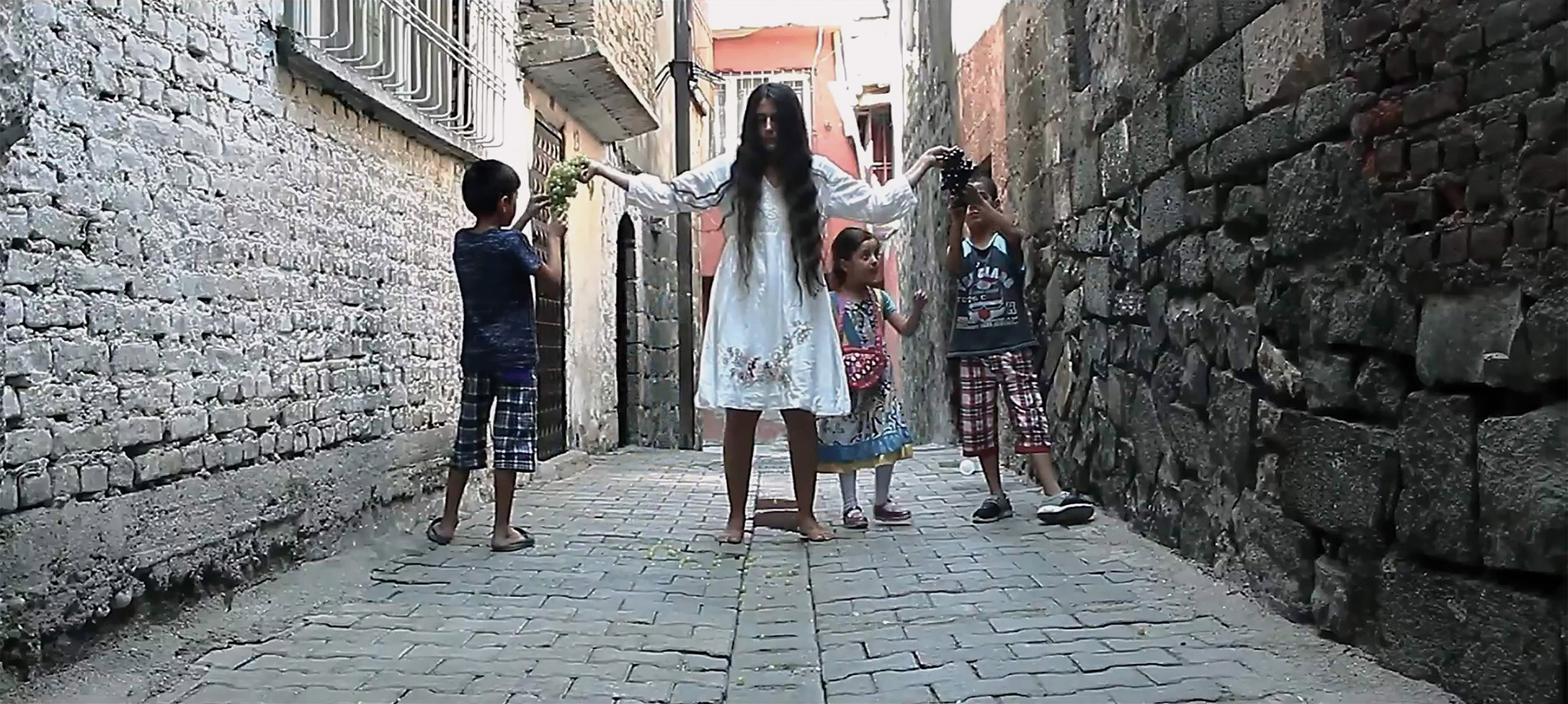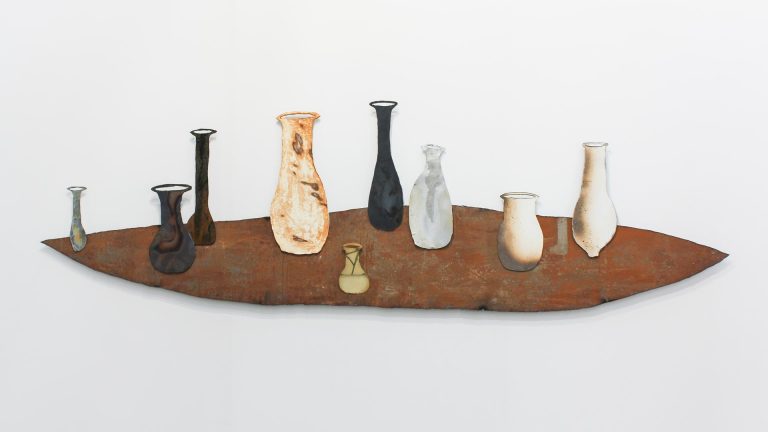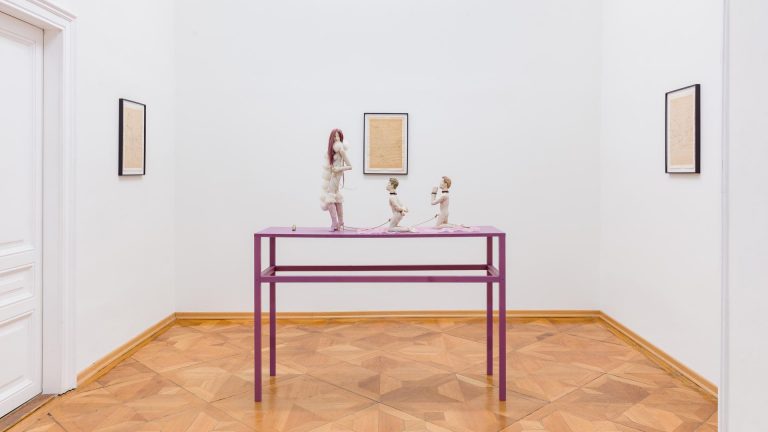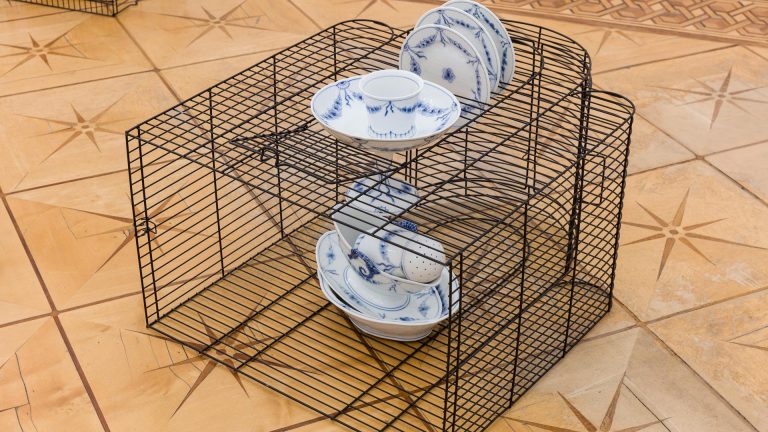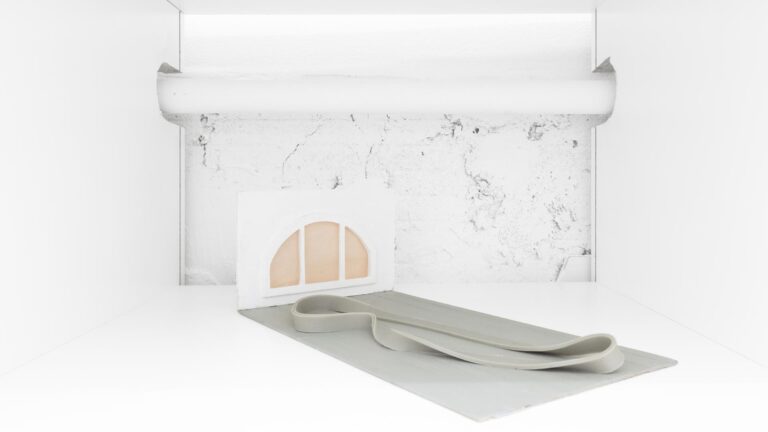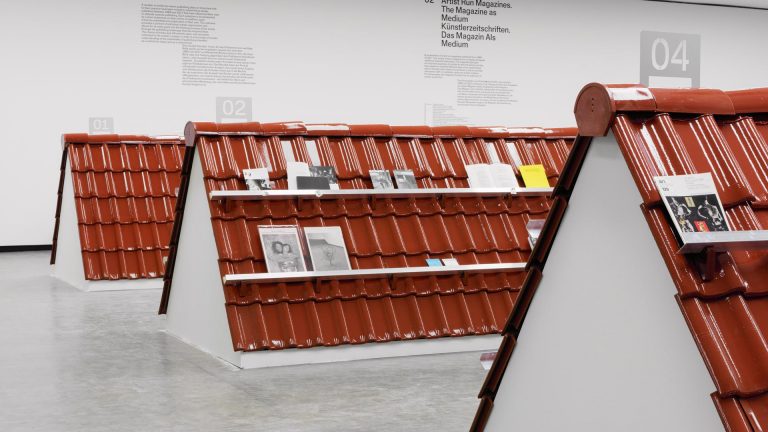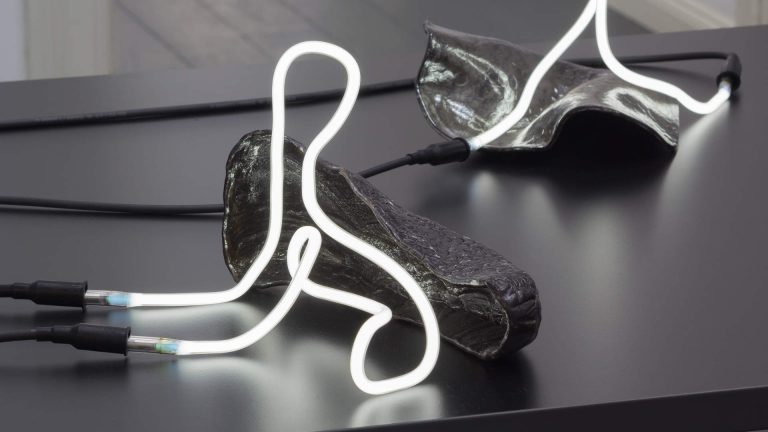Artists: Sena Başöz, Burak Delier, Fatoş İrwen, Pınar Öğrenci, Şener Özmen, Nazım Ünal Yılmaz, Nalan Yırtmaç
Exhibition title: Unfair Game
Curated by: Pınar Öğrenci
Venue: EXILE, Vienna, Austria
Date: September 8 – Oct 14, 2023
Photography: all images copyright and courtesy of the artist and EXILE, Vienna
EXILE is pleased to participate in this year’s curated by gallery festival with a group exhibition entitled Unfair Game curated by Pınar Öğrenci at the gallery’s Vienna location.
Participating artists: Sena Başöz, Burak Delier, Fatoş İrwen, Pınar Öğrenci, Şener Özmen, Nazım Ünal Yılmaz, and Nalan Yırtmaç.
When I was invited to curate an exhibition on the theme of neutrality, I was besieged by the impossibility of the theme. We were being asked to make an exhibition on neutrality, as if there was no war going on around us, as if social injustice and inequality, xenophobia had been left behind, or as if we had achieved an absolutepeace and consensus. On the same days, while the lives destroyed by the earthquake in Turkey were still under the rubble, there were two soccer matches that attracted attention in the news. In one of the matches, nationalist fans were throwing explosives on the pitch, and in an attempt to psychologically break down their Kurdish rivals from Amed (Diyarbakir) they unfurled posters of counter-guerrilla leaders of the 90’s and a white Renault poster which was a symbol of the secret service of the same violent period in Turkey. At another match, this time in Istanbul, the crowd showed solidarity with the earthquake victims by broadcasting the traffic license plate codes of the affected cities on the scoreboard and throwing dolls for earthquake-affected children onto the pitch. It was as if the soccer field was a performance space that turned into a place of both violence and solidarity and compassion. These two football matches, which haunted me while I was thinking about the themes of neutral, sides, opposites, play, action, inaction, noise and silence, compassion and conscience and so on, became the inspiration for the exhibition. Can the game, which both connects and confronts communities, creates oppositions and dualities, and has the capacity to create an emancipatory space open to action, be a metaphor for political dissent, a method for an agonistic confrontation with the dominant power structures in the world? When players perform within the safe and pre- negotiated rules of the game, can they dislodge power structures, even for a time, by taking over the world in order to transform it, without losing touch with the real world?
The use of play as an artistic expression with a critical mind forms attitudes and ways of thinking which create contrasts between people, places, situations, in temporary, playful ways that allow to break the existing structures in the world and remake them like a jigsaw puzzle. The exhibition Unfair Game explores the potential of ‘play’ to elicit experiences that expand our capacity to reimagine the contradictions suppressed in everyday discourse, the paradoxes of the world around us, and our relationship to the universe. By carefully negotiating the purpose of the game between pleasure, leisure and the political, the artists in the exhibition engage in a transformative act, at times changing the roles of the players and creating new identities, or subverting the conventional space of the game and proposing new spaces and positions. Instead of winning and competition, the exhibition sees the game as a symbolic experiment in coexistence and survival. For populations such as Kurdish ones and many others, who are constantly forced to defend their existence and for individuals looking for a way out of the cramped metropolitan city life, could ‘play’, as a repeated practice of daily life and a means of communication, be a way to combat violence, corporate capitalism and other power structures that surround us? Does ‘play’ can create a free space of movement, even though its framework and rules are usually clear? The Unfair Game exhibition invites to reflect on the conditions of taking sides, equality, balance, non-violence, struggle and the political implications of the theme of play in general through the works of artists from Turkey; Sena Başöz, Burak Delier, Fatoş İrwen, Pınar Öğrenci, Şener Özmen, Nazım Ünal Yılmaz, and Nalan Yırtmaç.
The playful content of the game, both inside and outside the real world, associated with leisure time, opens up a space of free expression for artists, especially in countries like Turkey where censorship and supression are heavily practiced. Unfair Game welcomes its audience with Fatoş İrwen’s video Sur Fragments (2016), which is on display in EXILE’s show window. In her performance video, İrwen emphasizes the ongoing violence in her hometown Diyarbakır, in which she paces back and forth on a street in Sur neighborhood, as if walking in a prison courtyard, unaware that one day later she will be thrown into jail and imprisoned for three years.
Upon entering, we encounter Nalan Yırtmaç’s print work Darkness, produced during the Gezi Park protests in Istanbul (2013). Yırtmaç depicts a girl who has to wear a mask to protect herself from the uncontrolled use of pepper gas and carries a skull instead of a toy. The park, which used to be a place of leisure time and playground, has turned into a space of resistance and solidarity, and the demonstrators have transformed aesthetics of resistance by developing tactics and strategies and by turning resistance into a kind of game. By setting up a library in the park, practicing yoga, handing out roses to the police, or setting up barricades with urban furniture and buses, the protesters revealed the playfulness of the protest and responded to the police’s acts of violence by playing games.
Moving from Istanbul to Diyarbakır again, we continue to the exhibition with Şener Özmen’s video Women Jumping Rope (2017). While three young girls in the video are jumping rope as usual, gradually an increasing amount of dust comes out from under their feet. Towards the end of the video, the dust increases so much that girls becomes invisible. When the artist shoots the video in Diyarbakir, the city where he was born and lives that time, was still reeling from the recent military attacks. The dust in Özmen’s work is a symbol of the political uncertainty in the Kurdish geography, the murders that are constantly covered up, the injustice that makes it impossible to see the future, and the rant system that sees the Kurdish geography as a development site instead of the land of a culture rooted in the area since centuries. Özmen decides to leave the country in same days and lives in Chicago now.
The characters in Burak Delier’s video Crisis and Control (2013), exhibited in the office space, bring yoga into the office environment, eliminating the categorization between work, private life and leisure. Delier turns the long poses of yoga into a kind of sighing session to talk about the injustices of working life. Delier redefines yoga as an aesthetic and critically reflective way of experiencing the political. With office workers in ironed white shirts and high-heeled shoes, the aesthetics of yoga are turned upside down, using the game as a means of grounding a political stance in an aesthetic way of being in the world.
When we go upstairs, we encounter two video works by Sena Başöz. While criticizing the unfair and competitive working conditions of business life in the performative videos she shot when she was working in another sector in the early years of her art life, Başöz actually seeks a new way out for her own body by revealing the performative characters of these spaces. In one of the videos, she tries to swim on the floor, and in another she fences with a coworker. Başöz’s body, alienated from its environment by crawling on the office floor, wanders among the furnitures like salesman Gregor Samsa who transformed to insect in Kafka’s novel The Metamorphosis. Başöz’s bodily searches will eventually cause her to quit the job and become an artist.
Sena Başöz’s struggle in the office now turnes into struggling with the dilemmas of daily life in two paintings called Liars and Complicated Offer by Nazım Ünal Yılmaz: Cunning, calculations, plans, little lies, tactics, problems and solutions… The lies of children or adults in his Liars painting cause their noses to growlonger like the character Pinocchio. Ünal’s works treat play as a tactic of everyday life for both children and adults, connecting the child and adult games in theexhibition.
With my new video work Hotel Miks, I wanted to take the audience back to the rural at the end of the exhibition, to Miks (Bahçesaray in Turkish) where my father was born. Avalanches are a regular and deadly occurrence in this small Kurdish town, which roads are blocked by snow for 9 months of the year. Cut off from the rest of the world during these months, playing chess in the coffees is a daily ritual for people to survive. Slightly inspired by Stefan Zweig’s last novel, The Royal Game (Schachnovelle, 1941) – in which the main character is imprisoned by the Nazis in a hotel room and chess becomes a survival mechanism in the face of fascism, the hotel is also a compelling metaphor for authoritarian states like Turkey; although having some alluring amenities, it is never intended to become a home for opponents, non Muslim and non Turkish communities.
-Text by Pınar Öğrenci
Unfair Game, Installation view, EXILE, 2023
Soccer fans in Turkey, screen capture
Unfair Game, Installation view, EXILE, 2023
Şener Özmen, Women Jumping Rope, 2016, video still, courtesy of the artist
Unfair Game, Installation view, EXILE, 2023
Burak Delier, Crisis & Control, 2013, video still, courtesy of the artist
Unfair Game, Installation view, EXILE, 2023
Sena Başöz, Swimmimg Across II, 2009, video still, courtesy of the artist
Nazim Ünal Yilmaz, Liars, 2020, oil on canvas, 50x40cm
Nazim Ünal Yilmaz, Complicated Offer, 2020, oil on canvas, 50x40cm
Unfair Game, Installation view, EXILE, 2023
Unfair Game, Installation view, EXILE, 2023
Pınar Öğrenci, Hotel Miks, 2023, video still, courtesy of the artist
Unfair Game, Installation view, EXILE, 2023
Fatoş İrwen, Sur Fragments, 2017, video still, courtesy of the artist

